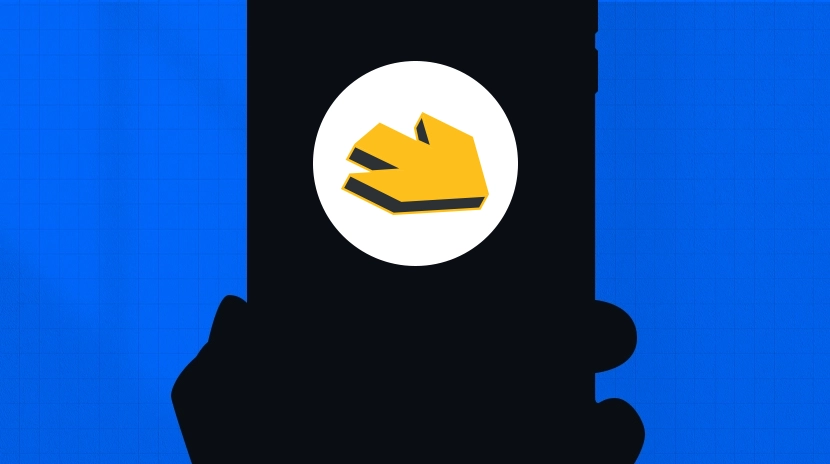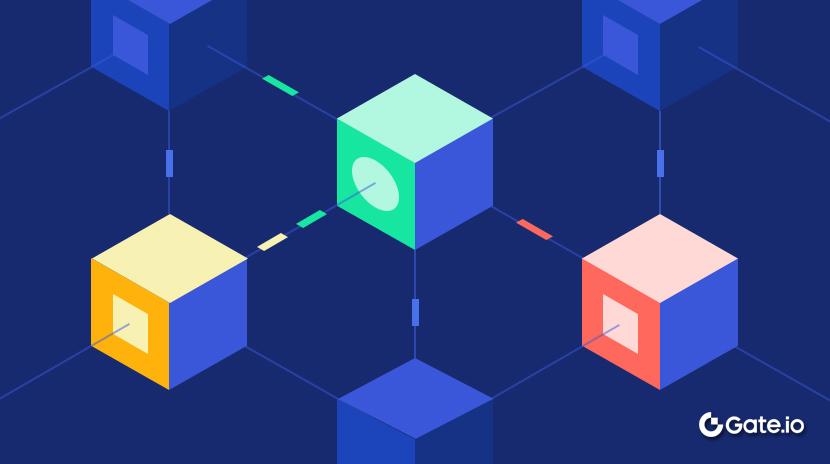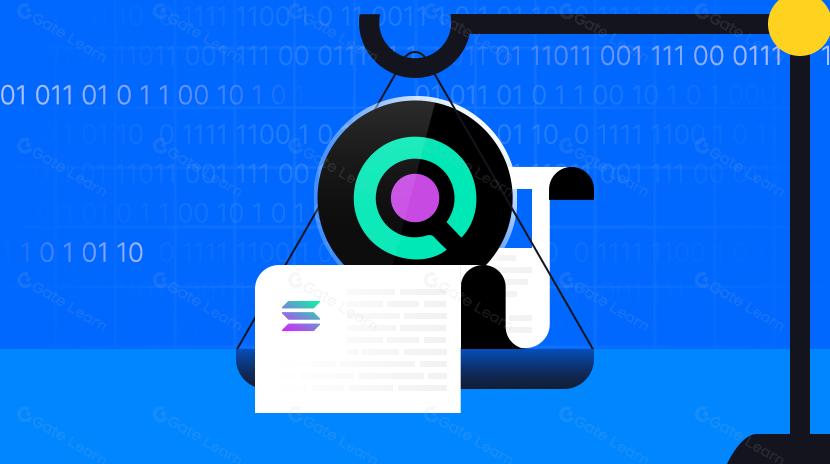La tesis de la moneda de la aplicación: las aplicaciones van a cero, de una buena manera...
Gracias a@brextonpham, @devlordone & @yashhsmpor la conversación de estas últimas semanas para ayudarme a aclarar mis pensamientos sobre este tema.
La mayoría cohorte reciente de Y CombinatorLe preguntaron: “¿Qué porcentaje de su base de código es generado por IA?” - Un cuarto (25%) del grupo dijo que el 95% de su código era generado por IA.
Andrej Karpathy (ex-Director of Tesla AI and Founding member of OpenAI) ha acuñado, para bien o para mal, la frase "Vibe Coding".
En pocas palabras, esto significa simplemente que los idiotas como tú y como yo podemos convertir palabras (indicaciones) en código. Esto ha inspirado a los chicos de Ideas a posponer conseguir un trabajo e intentar crear el próximo Facebook.

Pieter Levels, el solopreneur altamente exitoso, ha mostrado recientemente lo que es posible con Cursor, Grok y Claude en su juego de simulación de vuelo, que es casi en su totalidad generado por inteligencia artificial. Los ingresos recurrentes del juego ahora alcanzan los 85.000 dólares al mes solo a través de publicidad dentro del juego.
En este momento, todavía hay bastantes errores que requerirían un entendimiento básico de qué diablos está pasando cuando estás golpeando tu cabeza contra el teclado y pidiéndole que cree una aplicación.
https://x.com/drummatick/status/1901868964621467696
Naturalmente, algunos desarrolladores reales han aparecido para ofrecer servicios de consultoría y depuración para la próxima generación de desarrolladores exclusivamente de IA (sí, ese front end fue codificado con buena vibra).

A medida que estos modelos fronterizos avancen y se vuelvan aún mejores en la generación de código a partir del lenguaje natural (texto y habla), veremos que sus resultados se vuelven cada vez más efectivos. Dario Amodei, CEO de Antrophic, recientemente declaradoque en “tres a seis meses” estaremos en un punto en el que la IA estará escribiendo el 90% del código. En doce meses, estará “escribiendo prácticamente todo el código.”
https://x.com/slow_developer/status/1899430284350616025
Entonces, ¿cómo se ve el mundo si este es el caso?…
¿Quién pierde?
Bueno, el costo de construir aplicaciones converge a casi cero. Las suscripciones de SaaS por las que has pagado a regañadientes pueden replicarse a una fracción del costo.
Si una empresa de SaaS no tiene un foso tan fuerte, ya sea a través de efectos de red, productos difíciles de replicar, o una propiedad intelectual legal sólida, entonces están en problemas.
Estoy mirándote, Docusign, y Typeform. Cya, amigo. Además, será más eficiente construir productos nativos internamente que puedan conectarse a flujos de trabajo de equipos, bases de conocimientos y bases de datos existentes a través de MCP.
Yo diría que contratar a alguien eficiente que sepa construir IA probablemente sea uno de los roles más buscados actualmente para las PYMEs.
Con algunos de estos modelos más pequeños increíblemente potentes que también están disponibles, será posible para las empresas ejecutar todo internamente en una máquina/modelo local, lo cual es excelente para la privacidad y la OpSec. Los equipos que aún creen que "constrúyelo y ellos vendrán" es una forma efectiva de entrar al mercado también morirán a través de equipos más inteligentes que simplemente clonen su producto pero hagan un mejor trabajo en su comercialización.
¿Quién gana?
A medida que los modelos de generación de código se desarrollan, el terreno de juego se nivela desde una perspectiva técnica. Los equipos que puedan dominar la participación mental y la atención lo harán extremadamente bien. Un gran marketing proviene de conocer a tu audiencia principal porque tú eres tu audiencia principal. Si todos los productos son creados igualmente, las aplicaciones se convierten (aún más) en productos de moda sobre los que la gente presumirá. 'Uso Claude porque sé que es mejor que usar el famoso ChatGPT, que es para los normies que no tienen ni idea'. Para que las aplicaciones se conviertan en algo que la gente quiera contar a otros, tienen que ser jodidamente geniales. La marca, posición y conciencia cultural tienen que estar perfectamente en su lugar.
¿Y adivina qué? Esto no es algo con lo que los LLMs podrán mantenerse al día en un futuro cercano. ¿Por qué? Porque los humanos son mucho más complejos de lo que la IA puede siquiera imaginar.
Las subculturas son difíciles de comprender para aquellos que están fuera de sus jardines amurallados. Lo que es impresionante para uno puede no ser impresionante para otro. Podemos ver un mundo donde cada individuo es recibido con un viaje de usuario personalizado, una interfaz de usuario e incluso una marca personalizada para el mismo producto subyacente basado en sus preferencias sin siquiera saberlo. Los diseñadores gráficos, los jefes de creatividad, los especialistas en marketing y los magos de UI/UX tienen todos roles en una organización que requieren gusto y ojo para las tendencias de diseño antes de que sucedan.
Estos roles se destacarán, y esto siempre será así. Los modelos no saben lo que no saben. Ellos, en su forma más básica, son máquinas de predicción de palabras.
La Tesis de la Moneda de la App

Nota: Soy muy consciente de que la frase "app-coin" es muy tonta; el sarcasmo no se transmite bien en la página.
Bueno, a menos que estés súper conectado y ya estés en las tablas de capital de empresas como Anthropic, Cursor, OpenAI, Perplexity, y a nivel de aplicaciones Lovable, Replit, LindyAI, etc., entonces vas a tener que divertirte siendo pobre. Si eres un súper nerd hiperapostador que aún cree que las criptomonedas son el futuro de Francia, entonces hay algunos equipos con los que he hablado recientemente que están construyendo con este futuro en mente. La idea son las App-Coins. Estas pueden reflejar y actuar como memecoins hacia el fundador o pequeño equipo de constructores que lanzan las aplicaciones del mañana. Los tokens son la mejor herramienta para superar el problema del comienzo en frío, que ha enviado más ideas al cementerio que cualquier otra cosa. Los fundadores y equipos pequeños que no pueden atraer a sus primeros 10-100 usuarios pueden superar esto de manera significativa aprovechando los tokens y la especulación. No se puede negar que los humanos quieren especular. También quieren especular de manera justa. La idea de que puedas encontrar al próximo chico con nuevas ideas que va a causar sensación con su última idea es significativa.

¿Ves esta cosa aquí?
Cal AItoma una foto de tu comida y obtiene una estimación de las calorías dentro de +/- 10% de precisión. ¿Suena como la primera idea de negocio de todos, verdad? Este fue un equipo de cuatro adolescentes que tomaron un producto disponible en MyFitnessPal y crearon un negocio de $20 millones al año. ¿Cómo? Al entender el branding, la posicionamiento y la comercialización hacia la audiencia correcta. Han reinvertido agresivamente los ingresos mensuales en marketing de influencers (lo cual definitivamente funciona para la industria del fitness para el descubrimiento), y han posicionado el producto para el usuario promedio: tiene un diseño súper simple, limpio y a la vez interesante.
También han dejado claro que si estás entrenando para el Sr. Olympia, entonces esto no será para ti... ¿Cuántas veces este producto no ha funcionado? Si tuviera que adivinar, sería en cientos. Lo que veremos a continuación son aplicaciones que también se lanzan junto con un token, que, para bien o para mal, les permitirá obtener al menos algo de tracción inicial. ¿Se va a manipular? Absolutamente. ¿Alguno de ellos será pura fantasía? Probablemente la mayoría. ¿Va a suceder de todos modos? Sin duda. Lo que me emociona es permitir que cualquiera, en cualquier lugar y en cualquier momento, lleve una idea al mercado a través de modelos de generación de código y la idea de la codificación de vibraciones (que, por lo que vale, ya me está haciendo retorcerme por el nombre). Los introvertidos que no les gusta que sus zanahorias toquen sus guisantes pueden llevar un producto al mercado sin tener que mirar a los ojos ni hablar con nadie. Eso es alcista.
Equipos que estoy observando:
- @KaitoAI- La atención y la concentración son lo más importante si algún cerebro liso puede lanzar un producto.
- @devfunpump- Plataforma de codificación de Vibe llevando a fundadores solitarios y pequeños equipos de 0 a 1 en Solana con la tokenización de la idea. Amo al equipo y quiero que tengan éxito. Puntos extra por @buidldao_
- @tryoharaaAI - Otro idea-proyecto en pocos clics proyecto construido en Base con una interfaz de usuario muy elegante. Equipo muy centrado de nuevo, Brexton es un G.
- @sendAIfun - Comenzó con agentes pero ahora busca tener un entorno de aplicación que cualquiera pueda usar. Recienteentrevista con Send está disponible aquí.
- @0xtarobase- Bastante bajo el radar, pero creo que Alliance los incuba.
Esos son solo algunos ejemplos que se me ocurren, pero imagino que algunos creadores brillantes surgirán de la nada y nos dejarán asombrados. Creo que también veremos un proyecto de $1 mil millones con un fundador solitario en los próximos 12 meses. TLDR: La inteligencia artificial permite a cualquiera llevar una idea a la producción incluso si no sabe programar. La tokenización crea especulación, lo que brinda a los 'desarrolladores' una probabilidad mucho mayor de atraer usuarios iniciales. Se avecina una explosión de aplicaciones. Finalmente, si esta fantasía que he concebido se hace realidad, veremos una de las mayores creaciones de riqueza que jamás hayamos presenciado. No solo permitirá a los fundadores crear riquezas incalculables, sino que también le dará al pequeño que esté prestando atención la oportunidad de invertir en una idea antes que nadie. Hemos observado una gran demanda para nivelar el campo de juego y hacerlo más equitativo para los inversores minoristas. Pumpfun fue una reacción igual y opuesta a la tontería de baja flotación y alta valoración financiera, pero aún no era suficiente. Invertir en los 'desarrolladores' de bandas de garaje que saben cómo comercializar un producto es la nueva oportunidad que todos tienen delante. Si crees que esto es para ti, mis mensajes directos siempre están abiertos. De todos modos, debo volver a hacer algo de trabajo real. Inventores de ideas, alcémonos, porque heredarán la Tierra. Avísame si estás construyendo algo hacia este futuro extraño y maravilloso.
Otras lecturas/audiciones relacionadas.
- Cómo utilizar MCP & Vibe Coding para crear tu primera aplicación con SendAI
- Una guía de compañeros de bloque para la codificación de Vibe para criptomonedas
- ¿Es Model Context Protocol (MCP) el próximo gran desbloqueo en IA?
Descargo de responsabilidad:
- Este artículo es reimpreso de [GateX]. Todos los derechos de autor pertenecen al autor original [@Grantblocmates]. Si hay objeciones a esta reimpresión, por favor contacte alGate Learnequipo, y lo manejarán de inmediato.
- Descargo de responsabilidad: Las opiniones expresadas en este artículo son únicamente las del autor y no constituyen ningún consejo de inversión.
- Las traducciones del artículo a otros idiomas son realizadas por el equipo de Gate Learn. A menos que se mencione, está prohibido copiar, distribuir o plagiar los artículos traducidos.
Artículos relacionados

¿Qué es Tronscan y cómo puedes usarlo en 2025?

¿Qué es SegWit?

¿Qué es HyperGPT? Todo lo que necesitas saber sobre HGPT

¿Qué es la Billetera HOT en Telegram?

Todo lo que necesitas saber sobre Blockchain
